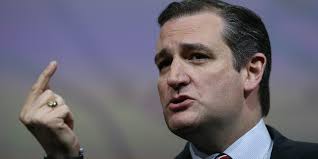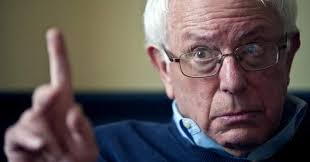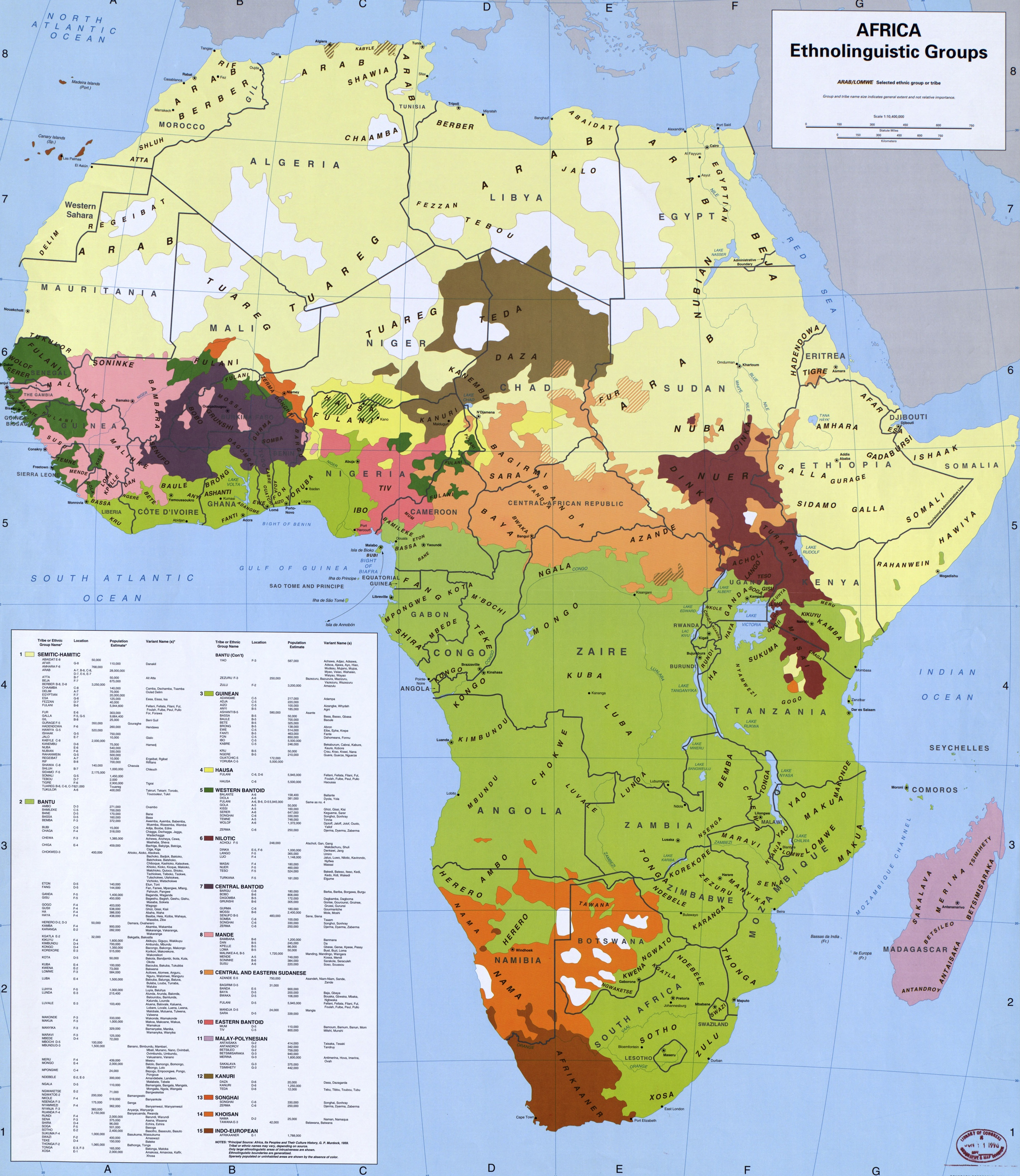 |
Largest ethnic group or race as percentage of total population:
Dark yellow: 85% or more are from majority ethnicity Yellow: 65%-84% are from majority ethnicity Light yellow: 64% or fewer are from majority ethnicity Dark blue: 85% or more are from majority race Blue: 65%-84% are from majority race Light blue: 64% or fewer are from majority race Source: The World Factbook, with data as of 2000–2008. |
city-state, nation-state ...
multination state, empire ...
We identify ourselves by origin.
We're from the U.S., the E.U., or from
Australia or Africa ...
Where did that come from,
and what does it mean?
Despite our belief that national identity
has always been with us, it's actually
rather new. Perhaps around the mid-
18th century, people began to identify
themselves with the country at large, rather
than the smaller units of family, town, or province.
Nation (Latin: natio "people, tribe, kin") is a social concept with no agreed definition. In common use, it is a place with population that shares common culture, tradition, values, and perhaps language. Nations are formed over time, generation after generation, merged together into a common identity with agreed values. If you add 'state' (as in nation-state), that's the political legitimacy part where governance and sovereignty enter the picture. There's much more, but what difference does it make to the individual?
So, nation, state, and our identity, or our concept of ourselves in relation to geography...
Past: 'Nations' perhaps began to emerge in common understanding along with advances in cartography and map publication, mercantilism and regional economies, and politics, around the 15th century. The 'state' (or formalization of national sovereignty with constitution, law, and borders) came later. Most historians see the nation-state as a 19th century European phenomenon. In any case, it's recent in human history.
Before there were nations, one's place-identity was simply cultural and ethnic affiliations with some small geographic context, however imprecise. There were large and small places with lords, vassals, and fiefs (or their local equivalent). A fiefdom might be a valley and its occupants, just few hundred folks. Sometimes marriage between noble houses would merge one area with another. An empire might swallow you and your community for a few centuries as part of their domain, their realm of rule. Boundaries were rivers and the sea, mountains and the horizon ...
Present: Boundaries today are political and precise. One problematic reality - cultures and ethnicities may not fit inside those boundaries.
In some cases, ethnic geography and the political state largely coincide; Japan, Egypt, and Albania are examples. There is little immigration or emigration, and little diversity of the sort we might see in the Americas.
More often, political boundaries intrude into cultural life. Innumerable conflicts have arisen and continue to spring up where political boundaries do not correspond to ethnic or cultural boundaries. After the breakup of the Soviet Union, ancient conflicts between the Serbs, Croats and Slovenes resurfaced, and 'ethnic cleansing' became part of modern vocabulary. Civil wars in Bosnia and Herzegovina in the 90's displaced large segments of the populations and segregated societies whom the CCCP had attempted to assimilate and rule. Virtually all colonial efforts have had similar results. There are few boundaries in Africa that were not drawn through the middle of ethnic groups, even through villages and towns.
Left to itself, speculation suggests, Africa would be perhaps a dozen countries. The 50+ we see are just lines drawn by outsiders for various advantages, and the turmoil continues today.
 National loyalties wax and wane, similarly dependent on how well the leadership serves and how clearly values are preserved.
National loyalties wax and wane, similarly dependent on how well the leadership serves and how clearly values are preserved.
 Today's conflict examples? The Arab Spring, the Syrian Civil War, ISIL/ISIS, Russia and the Ukraine. Internal conflicts over ideology, national values, discrimination, inequality.
Today's conflict examples? The Arab Spring, the Syrian Civil War, ISIL/ISIS, Russia and the Ukraine. Internal conflicts over ideology, national values, discrimination, inequality.
What happens when things change? What happens when the values we cherish disappear from the nation we've claimed as our own? Does it make a difference when the traditions we hold dear are no longer reflected in national policy? If our family roots are tied to ethical standards which no longer permeate the national culture, are we still tied to the nation?
If you're an American with traditional inclinations, you probably have more in common with a Muslim cab driver in Mombasa than you do with decision makers on Wall Street or Pennsylvania Avenue. From the top of the list: healthy community and family, fair business, freedom and equality, a reasonable world with education and opportunity for your children; you could talk comfortably for hours if the cab ride lasted that long. Try that with JPMorgan.
America's reputation has declined internationally. American patriotism is on the decline among the younger members, and we generally disapprove of our national governance. What's next? What are the issues of conscience and conviction that citizens need to tackle? Are they issues of law or liberty? Of cultural unity and common values? Of justice?
Future: Globalization is changing the nation-states. The global marketplace (especially finance), communications, multinational corporations (many larger than countries), cross-boundary connectedness and political awareness, all are moving faster than governments can regulate and leverage. Political scientists speculate that the nation-state is outdated and may become obsolete; we are offered either a one world government or a zero world government (communal anarchy) as the expected replacement. Humorous extremes, perhaps, but we're reminded that things do change.
As long as we're being humorous, this one showed up in my email from a tongue-in-cheek conservative yesterday ...
The Rebirth of America
 2. In a rare event on inauguration day, Congress convenes for an emergency meeting
to repeal the illegal and unconstitutional Socialist healthcare farce known as
Obamacare. The new Director of Health and Social Services Dr. Ben Carson
announces that an independent group of healthcare management professionals is
hired to handle healthcare services for poor and low income people. They
are also assigned the duty of eliminating Medicare and Medicaid fraud.
Government’s costs for public healthcare are reduced by 90%. Healthcare
insurance premiums for working Americans are reduced by 50%. The move
saves billions of taxpayer paid dollars. Healthcare service in the U.S
improves 100%.
2. In a rare event on inauguration day, Congress convenes for an emergency meeting
to repeal the illegal and unconstitutional Socialist healthcare farce known as
Obamacare. The new Director of Health and Social Services Dr. Ben Carson
announces that an independent group of healthcare management professionals is
hired to handle healthcare services for poor and low income people. They
are also assigned the duty of eliminating Medicare and Medicaid fraud.
Government’s costs for public healthcare are reduced by 90%. Healthcare
insurance premiums for working Americans are reduced by 50%. The move
saves billions of taxpayer paid dollars. Healthcare service in the U.S
improves 100%.
 4. Newly appointed Secretary of Business and Economic Development Ted Cruz
eliminates more than half of the Government agencies operating under the Obama administration
saving taxpayers billions of dollars. Stocks rise 100%.
4. Newly appointed Secretary of Business and Economic Development Ted Cruz
eliminates more than half of the Government agencies operating under the Obama administration
saving taxpayers billions of dollars. Stocks rise 100%.
 5. Newly appointed Director of Government Finance Rand Paul announces the
abolition of the IRS and displays a copy of the new Federal Tax Return
form. It consists of one page. The instructions consist of two
pages. The Federal Reserve is audited. The move saves American Taxpayers
billions of dollars and increases tax revenue.
5. Newly appointed Director of Government Finance Rand Paul announces the
abolition of the IRS and displays a copy of the new Federal Tax Return
form. It consists of one page. The instructions consist of two
pages. The Federal Reserve is audited. The move saves American Taxpayers
billions of dollars and increases tax revenue.
 6. Hillary Clinton is in jail, where she belongs. Her cell is directly
across from Jesse Jackson and Al Sharpton who are serving time for ‘Hate
Crimes”. She bitches at them constantly from behind the bars of her cell
in what some might call cruel and unusual punishment.
6. Hillary Clinton is in jail, where she belongs. Her cell is directly
across from Jesse Jackson and Al Sharpton who are serving time for ‘Hate
Crimes”. She bitches at them constantly from behind the bars of her cell
in what some might call cruel and unusual punishment.
 7. Bernie Sanders is in the nuthouse, where he belongs. His room is directly
across from Nancy Pelosi, Debbie Wasserman Schultz, Chris Matthews and Al
Franken. They meet for tea every day at ten and discuss the success and
benefits of Communism and Socialism throughout the world. They also
wonder when the “Mothership” is going to pick them up and return them to their
home planets.
7. Bernie Sanders is in the nuthouse, where he belongs. His room is directly
across from Nancy Pelosi, Debbie Wasserman Schultz, Chris Matthews and Al
Franken. They meet for tea every day at ten and discuss the success and
benefits of Communism and Socialism throughout the world. They also
wonder when the “Mothership” is going to pick them up and return them to their
home planets.
So, nation, state, and our identity, or our concept of ourselves in relation to geography...
Past: 'Nations' perhaps began to emerge in common understanding along with advances in cartography and map publication, mercantilism and regional economies, and politics, around the 15th century. The 'state' (or formalization of national sovereignty with constitution, law, and borders) came later. Most historians see the nation-state as a 19th century European phenomenon. In any case, it's recent in human history.
Before there were nations, one's place-identity was simply cultural and ethnic affiliations with some small geographic context, however imprecise. There were large and small places with lords, vassals, and fiefs (or their local equivalent). A fiefdom might be a valley and its occupants, just few hundred folks. Sometimes marriage between noble houses would merge one area with another. An empire might swallow you and your community for a few centuries as part of their domain, their realm of rule. Boundaries were rivers and the sea, mountains and the horizon ...
Present: Boundaries today are political and precise. One problematic reality - cultures and ethnicities may not fit inside those boundaries.
In some cases, ethnic geography and the political state largely coincide; Japan, Egypt, and Albania are examples. There is little immigration or emigration, and little diversity of the sort we might see in the Americas.
More often, political boundaries intrude into cultural life. Innumerable conflicts have arisen and continue to spring up where political boundaries do not correspond to ethnic or cultural boundaries. After the breakup of the Soviet Union, ancient conflicts between the Serbs, Croats and Slovenes resurfaced, and 'ethnic cleansing' became part of modern vocabulary. Civil wars in Bosnia and Herzegovina in the 90's displaced large segments of the populations and segregated societies whom the CCCP had attempted to assimilate and rule. Virtually all colonial efforts have had similar results. There are few boundaries in Africa that were not drawn through the middle of ethnic groups, even through villages and towns.
 |
Left to itself, Africa would be
perhaps a dozen countries.
|
Left to itself, speculation suggests, Africa would be perhaps a dozen countries. The 50+ we see are just lines drawn by outsiders for various advantages, and the turmoil continues today.
Multifaceted nations may or may not merge into a single culture. Success varies, perhaps unifying, perhaps polarizing, often determined by ideology and values, and by the performance of leadership. Cultures may divide over values.
 National loyalties wax and wane, similarly dependent on how well the leadership serves and how clearly values are preserved.
National loyalties wax and wane, similarly dependent on how well the leadership serves and how clearly values are preserved.
Most violent conflicts today are cultural/ethnic vs. political. The imposition of governance and boundaries, particularly in the modern form, can be as much divisive as it is unifying, as much provoking as pacifying.
Yesterday's conflict examples? The American Revolution, the French Revolution, the abolition of slavery and the U.S. Civil War, and the world wars. The underlying question in the minds of the populous, "Can I approve and acquiesce to that which is being imposed on me and my children by those who rule?"
 Today's conflict examples? The Arab Spring, the Syrian Civil War, ISIL/ISIS, Russia and the Ukraine. Internal conflicts over ideology, national values, discrimination, inequality.
Today's conflict examples? The Arab Spring, the Syrian Civil War, ISIL/ISIS, Russia and the Ukraine. Internal conflicts over ideology, national values, discrimination, inequality.What happens when things change? What happens when the values we cherish disappear from the nation we've claimed as our own? Does it make a difference when the traditions we hold dear are no longer reflected in national policy? If our family roots are tied to ethical standards which no longer permeate the national culture, are we still tied to the nation?
If you're an American with traditional inclinations, you probably have more in common with a Muslim cab driver in Mombasa than you do with decision makers on Wall Street or Pennsylvania Avenue. From the top of the list: healthy community and family, fair business, freedom and equality, a reasonable world with education and opportunity for your children; you could talk comfortably for hours if the cab ride lasted that long. Try that with JPMorgan.
America's reputation has declined internationally. American patriotism is on the decline among the younger members, and we generally disapprove of our national governance. What's next? What are the issues of conscience and conviction that citizens need to tackle? Are they issues of law or liberty? Of cultural unity and common values? Of justice?
Future: Globalization is changing the nation-states. The global marketplace (especially finance), communications, multinational corporations (many larger than countries), cross-boundary connectedness and political awareness, all are moving faster than governments can regulate and leverage. Political scientists speculate that the nation-state is outdated and may become obsolete; we are offered either a one world government or a zero world government (communal anarchy) as the expected replacement. Humorous extremes, perhaps, but we're reminded that things do change.
As long as we're being humorous, this one showed up in my email from a tongue-in-cheek conservative yesterday ...
The Rebirth of America
1. President Marco Rubio and Vice President Carly Fiorina are sworn into office.
3. Newly appointed department of Homeland Security Chief Donald Trump announces
the immediate deployment of Troops to the U.S. Mexico border to control illegal
immigration and the immediate deportation of illegals with criminal records or
links to terrorist groups. New bio-encrypted Social Security ID’s are
required by every American citizen. Birthright is abolished. All
immigration from countries that represent a threat to the safety of American
citizens is terminated indefinitely. The move saves American taxpayers billions
of dollars. Several prisons are closed.
8. Windows 12 is released. It is designed for humans, doesn’t try to satisfy
the needs of every person on the planet, doesn’t require a degree in nuclear
physics to operate and looks just like Windows 7 except it is easier to use.
9. Oscar Meyer announces the introduction of a new cholesterol and fat free
pepperoni that tastes just like regular pepperoni.
10. Dead people are no longer allowed to vote in Chicago, a blow for the
Democrat Party in the State of Illinois.
And
this constitutes THE REBIRTH OF AMERICA!!!!!!
(a little humor can soften the reality, perhaps)
(a little humor can soften the reality, perhaps)














